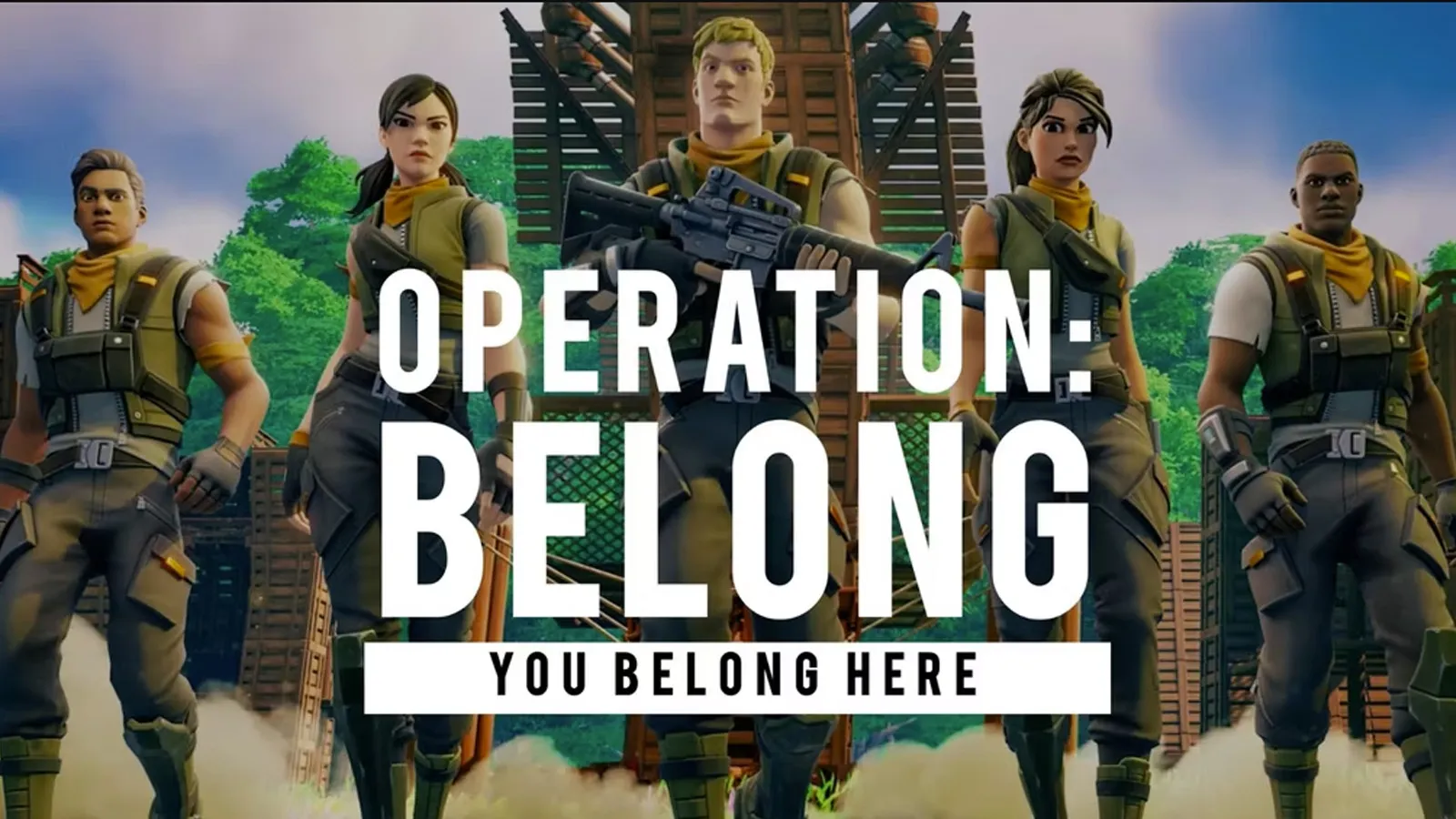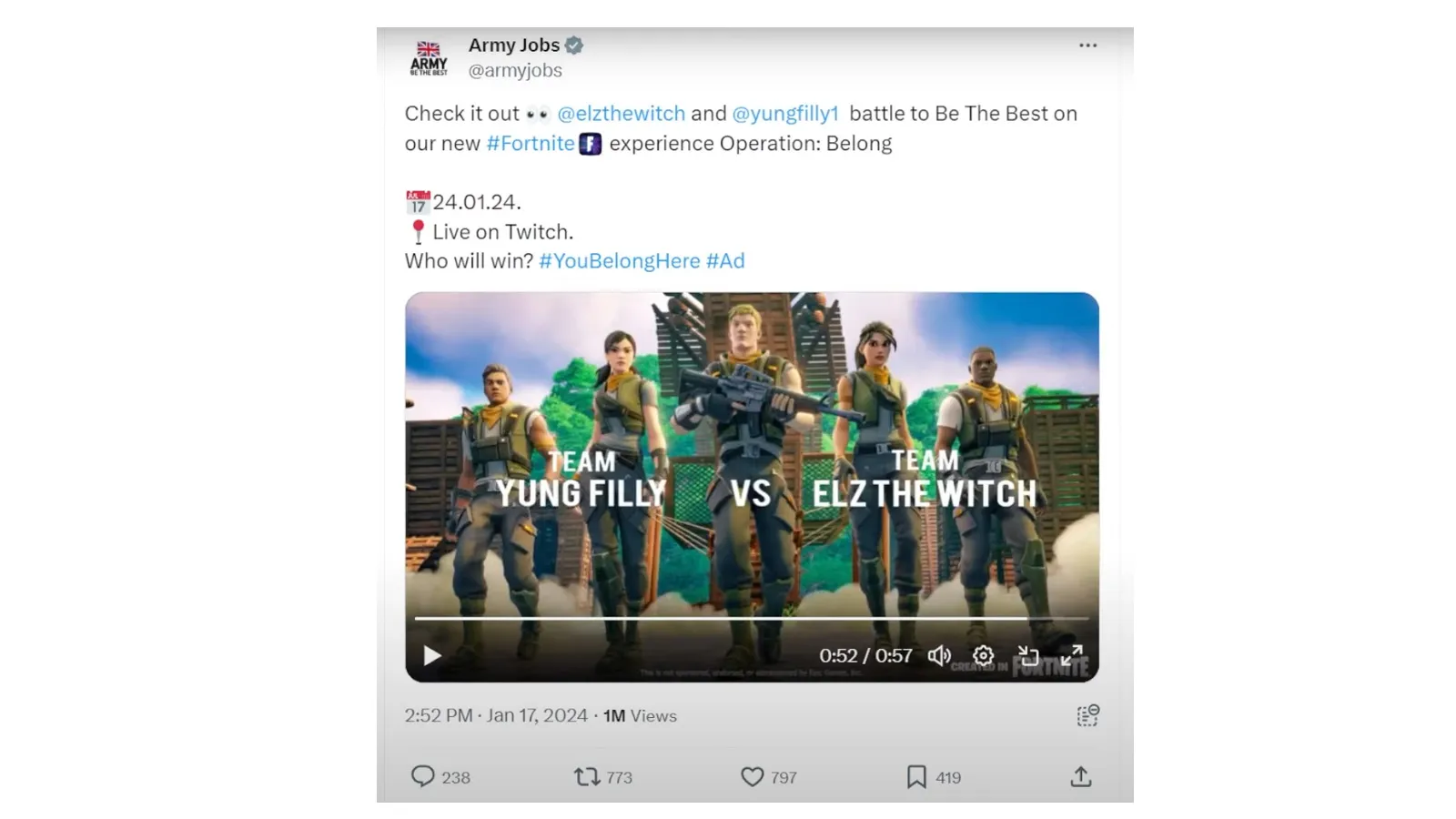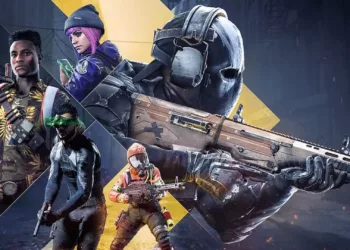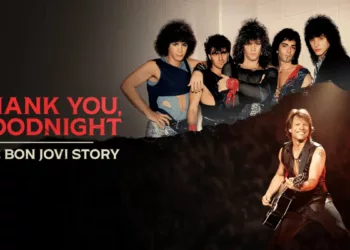In a bold move to tap into the gaming community, the British Army recently launched a recruitment campaign using a custom-made map in Fortnite. However, this initiative has been met with significant controversy and appears to have been pulled offline, following a backlash from the public and scrutiny from the game’s developer, Epic Games.
Eurogamer reported that the campaign, which included social media posts and a highly produced trailer, has been mysteriously removed. The @ArmyJobs official account had excitedly promoted the event, featuring influencers like Yung Filly and Elz The Witch in a map called Operation: Belong.
This map showcased Fortnite characters in military-style settings, engaging in various combat and training activities. Despite plans for a promotional livestream on Twitch, the future of this event is now uncertain, as all related social media posts have also vanished.
Public Backlash and Epic Games’ Moderation
The campaign’s utilization of Fortnite, a game predominantly popular among younger audiences, sparked immediate concern and criticism. Questions were raised about the appropriateness of using a platform frequented by minors for military recruitment purposes. One deleted tweet promoting the event drew sharp criticism, with replies questioning the ethics of recruiting “literal children”.
This controversy is reminiscent of the 2022 shutdown of the US government-backed shooter, America’s Army, which faced similar criticism for being used as a recruitment tool.
Epic Games, in response to inquiries, stated that the promotion is “undergoing moderation” and emphasized that all content in Fortnite must adhere to their Content Guidelines and Creator Rules. Notably, these rules explicitly prohibit content that promotes enrollment in the military.
The Ethical Debate in Digital Recruitment Strategies
The British Army’s Fortnite campaign raises significant questions about the ethical boundaries of digital marketing, particularly in targeting younger demographics for military recruitment.
The swift reaction from both the public and Epic Games underscores the sensitivity and complexity of such marketing strategies in the digital age.

























